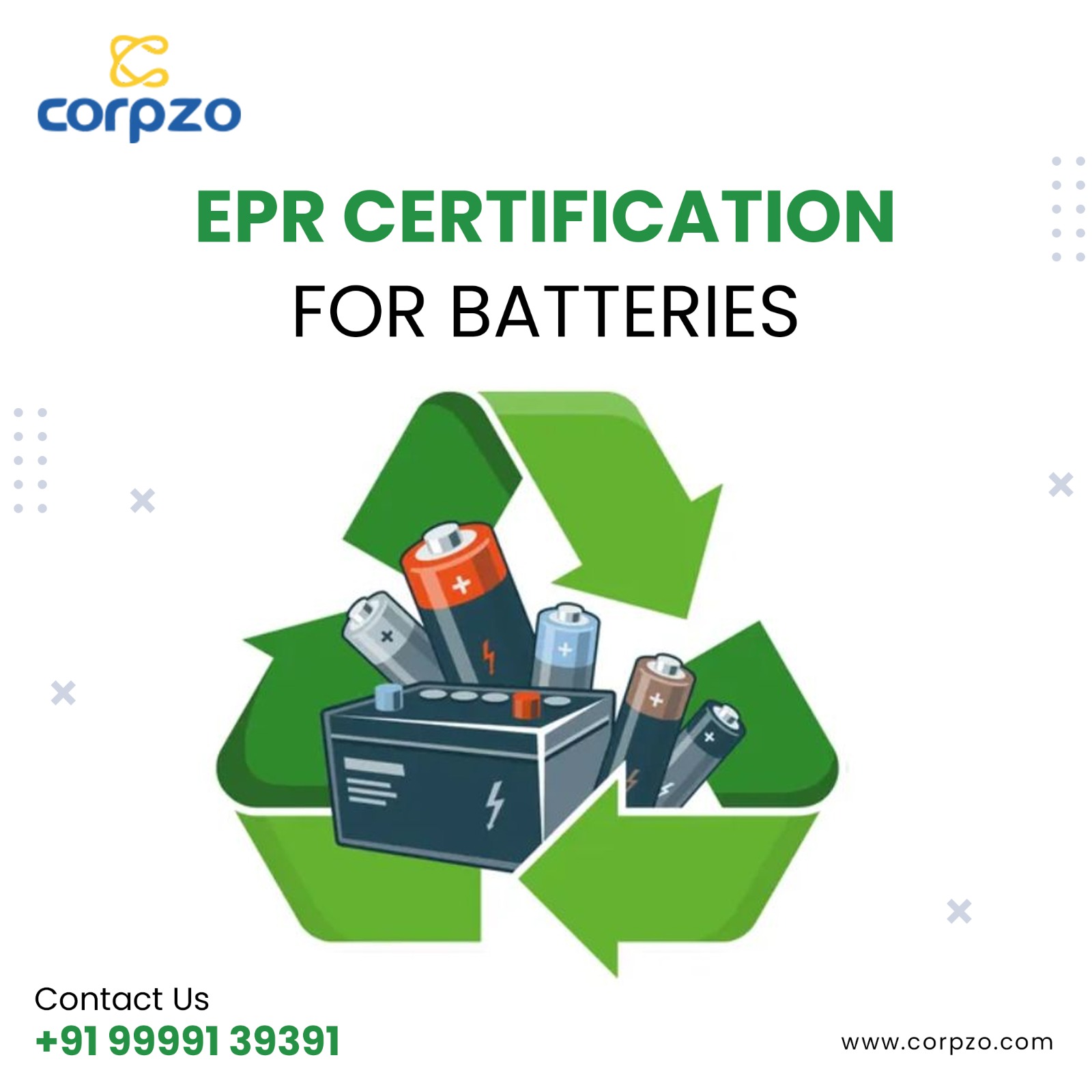 Introduction
Introduction
The increasing demand for batteries, driven by the rise of electric vehicles and renewable energy storage, has led to a corresponding increase in battery waste. In response to this environmental concern, the Ministry of Environment, Forests, and Climate Change in India introduced the Battery Waste Management Rules, 2022. These rules aim to ensure the safe and environmentally friendly management of waste batteries through the implementation of Extended Producer Responsibility (EPR). This article provides an overview of the key highlights of the new rules, the applicability of EPR, and the implications for producers, recyclers, and consumers.
Applicability of the Battery Waste Management Rules
The Battery Waste Management Rules, 2022 apply to all entities involved in the collection, segregation, transport, refurbishment, and recycling of waste batteries. This includes manufacturers, distributors, retailers, and consumers. The rules cover all types of batteries, such as portable batteries, electric vehicle batteries, automotive batteries, and industrial batteries. However, batteries used in equipment related to essential security interests, such as weapons or military purposes, are exempted from these rules.
Extended Producer Responsibility (EPR) and its Significance
Extended Producer Responsibility (EPR) is a key aspect of the Battery Waste Management Rules, 2022. Under EPR, producers and importers of batteries are responsible for the proper management and disposal of waste batteries. They are required to take necessary steps to collect, recycle, and refurbish waste batteries to ensure environmental sustainability. By implementing EPR, the government aims to shift the burden of battery waste management from the government and municipalities to the producers and importers.
Key Highlights of the Battery Waste Management Rules
The Battery Waste Management Rules, 2022 introduce several significant measures to promote responsible battery waste management. Some of the key highlights of these rules are:
1. Collection and Recycling Obligations
Producers and importers of batteries are obligated to establish collection mechanisms for the proper disposal and recycling of waste batteries. They are required to ensure that waste batteries are collected separately and not disposed of in landfills or incinerated. The rules encourage the establishment of collection centers and the engagement of authorized recyclers and refurbishers for the proper treatment of waste batteries.
2. Centralized EPR Portal
To facilitate the implementation of EPR, the government has established a centralized online portal. This portal serves as a platform for producers, recyclers, and refurbishers to exchange EPR certifications and ensure transparency in the recycling process. Through this portal, producers can fulfill their EPR obligations and track the progress of battery waste management.
3. Minimum Recovery and Recycling Targets
The Battery Waste Management Rules, 2022 specify minimum recovery and recycling targets for different types of batteries. Producers and importers are required to achieve these targets, promoting the efficient utilization of resources and the reduction of environmental impact. The rules encourage the use of innovative technologies for battery recycling and the incorporation of recycled materials in the production of new batteries.
4. Penalties for Non-Compliance
To ensure compliance with the EPR obligations, the rules impose penalties on producers and importers who fail to meet their responsibilities. Environmental compensation penalties are levied on those who violate the rules, and the funds collected from these penalties are utilized for the collection and recycling of uncontrolled waste batteries. This penalty mechanism aligns with the principle of "polluter pays" and incentivizes responsible battery waste management.
Implementation and Compliance
To comply with the Battery Waste Management Rules, producers, recyclers, and refurbishers are required to register through the centralized online portal established by the Central Pollution Control Board (CPCB). The registration process involves providing relevant documents, such as GST certificates, TIN and CIN numbers, and ownership proof. Producers must submit an Extended Producer Responsibility plan to the CPCB annually, outlining their strategies for waste battery collection, recycling, and refurbishment.
Benefits of Effective Battery Waste Management
The effective implementation of the Battery Waste Management Rules and EPR can lead to several benefits:
1. Environmental Protection
Proper management of battery waste helps prevent harmful chemicals from polluting the environment. By recycling and refurbishing waste batteries, the release of hazardous materials is minimized, reducing soil and water contamination and protecting ecosystems.
2. Resource Conservation
Battery recycling and the utilization of recycled materials contribute to resource conservation. Extracting raw materials from the earth for battery production is resource-intensive, and recycling allows for the recovery of valuable materials such as lithium, cobalt, and nickel.
3. Circular Economy Promotion
Battery waste management aligned with EPR principles promotes the development of a circular economy. By extending the life cycle of batteries through refurbishment and recycling, the need for new battery production is reduced, resulting in fewer resources consumed and less waste generated.
4. Economic Opportunities
The battery waste management sector offers significant economic opportunities, including job creation and the growth of recycling and refurbishment industries. The demand for battery recycling technologies and the utilization of recycled materials in battery production can drive innovation and attract investment.
Conclusion
The Battery Waste Management Rules, 2022 and the implementation of Extended Producer Responsibility aim to address the challenges posed by the increasing amount of battery waste. By holding producers and importers accountable for the proper management of waste batteries, these rules promote environmental sustainability, resource conservation, and the development of a circular economy. Effective battery waste management not only protects the environment but also creates economic opportunities for recycling and refurbishment industries. As India continues its transition toward a greener future, responsible battery waste management is essential for the success of the energy transition and the preservation of the environment for future generations.